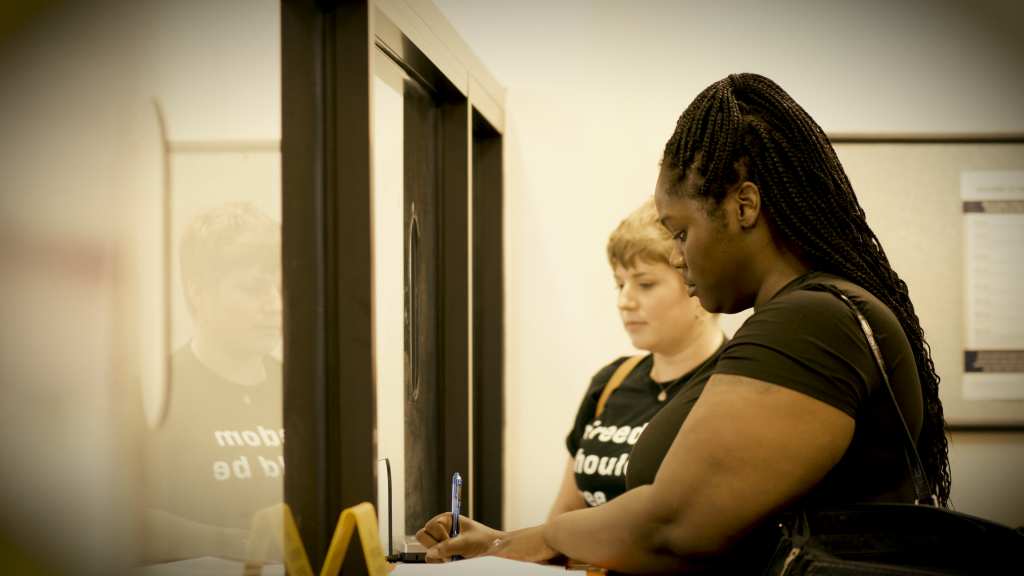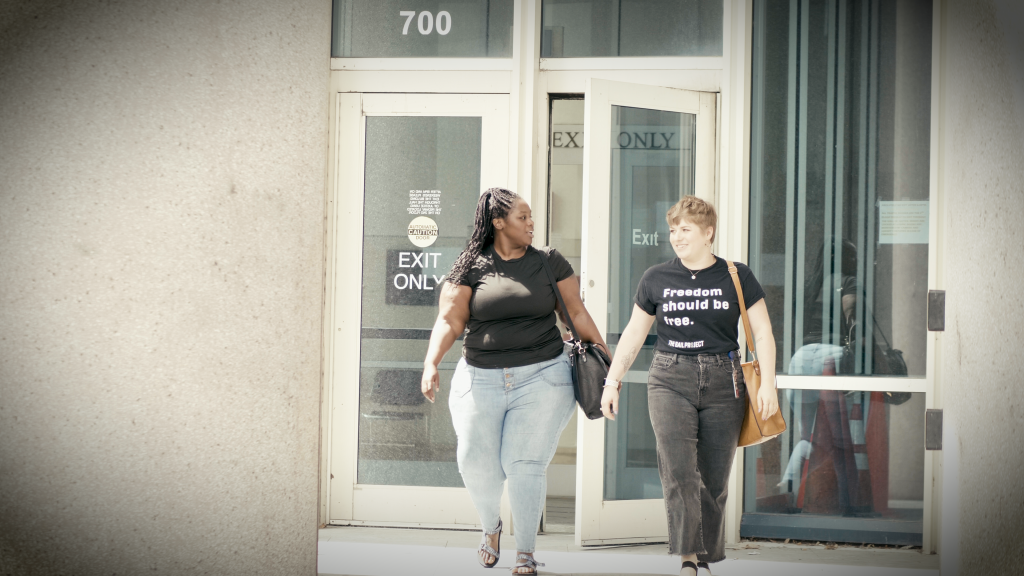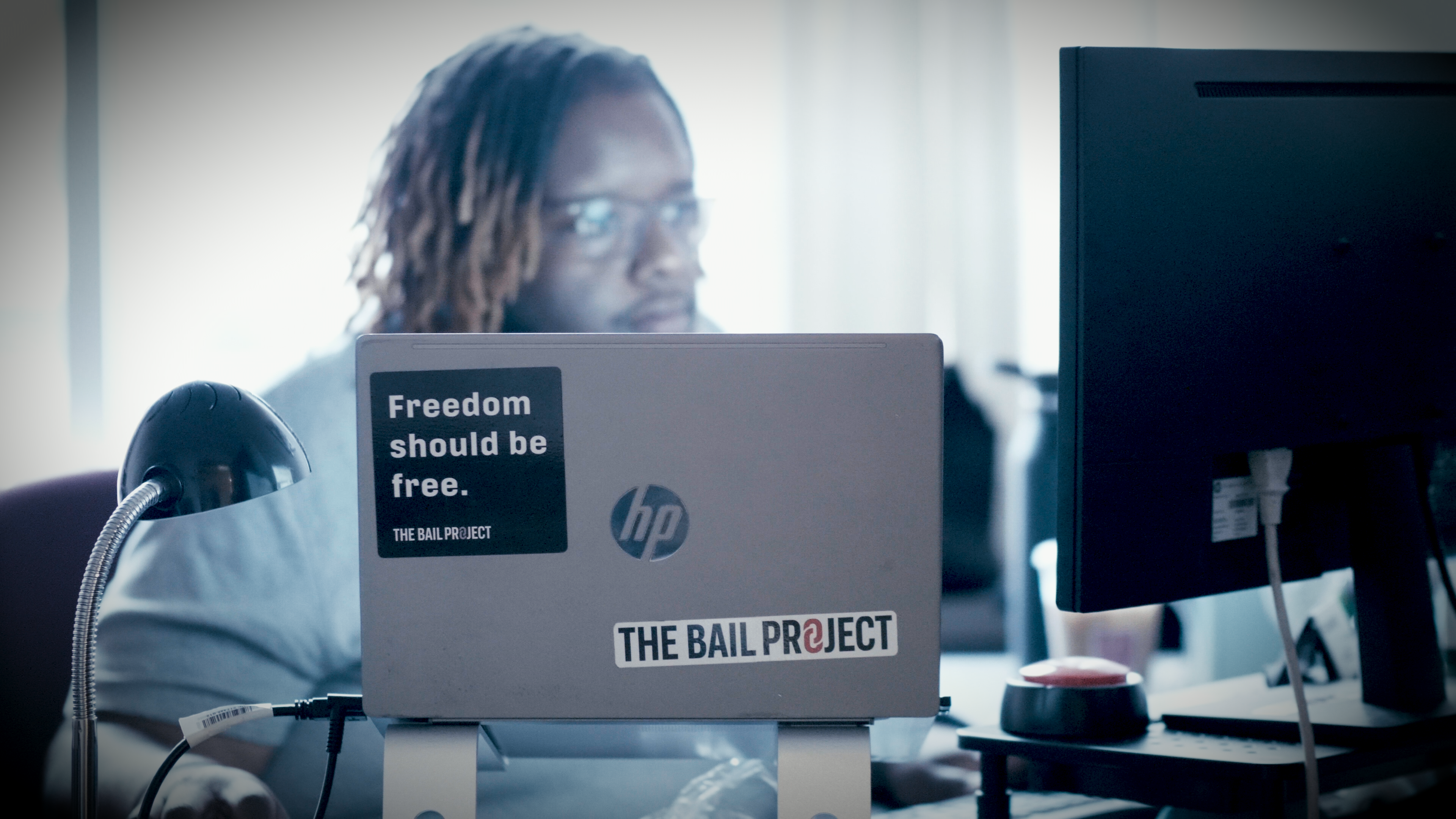The U.S. Department of Justice recently reported that there has been a decrease in prison inmates but an increase in jail population. In a country that still lives under the shadow of mass incarceration, this increase should be taken with caution as the criminal justice system often punishes harsher those who have less.
“A lot of people who are sent to jail aren’t there for what most people would consider serious crimes and are instead being arrested on outstanding warrants related to things like failure to pay tickets,”Jacob Kang-Brown, a senior research associate with the Vera Institute of Justice, told The 19th. “Continued efforts to not send people to jail for those things post-pandemic are really important.”
According to the Department of Justice, the majority of people in jail (71%) were unconvicted and waiting for court proceedings. They accounted for an 81% increase in the jail population from mid-2020 to mid-2021. Specifically looking at the gender breakdown, women have been affected the most, as the number of women in jail has increased by 22% from 2020 to 2021 — compared to 15% for men. Unfortunately, it is hard to determine exactly how many Latinos are in jail as shown by a 2023 study that highlighted issues in ethnicity data collection in local criminal justice systems.
The U.S. criminal justice system uses the cash bail system to allow defendants to continue with their normal lives but make sure they appear in court. Those who are unable to afford bail end up waiting for trial in jail for undetermined periods of time that could extend for years. Jail time can turn people’s lives upside down, especially for low-income women of color who are more vulnerable to the system’s oppression.

Image courtesy of The Bail Project
Such was the case of Sandra, a single mother of three who ended up in jail following a physical altercation with her landlord’s daughter. According to Sandra, the woman incited the fight by yelling at her and grabbing her hair but accused Sandra of being the instigator and hitting her with a knife. Sandra was taken to jail with a bail set at $150,000, that forced her to stay behind bars in unsanitary conditions without seeing her children for two months.
Convicts are often held in crowded spaces for days at a time, without access to basic necessities like working toilets and medicine, which can push them to their breaking point. Indeed, a 2022 New York Times investigation found that deaths in jails across the country have spiked, with suicides and fatal overdoses as some of the common causes.
Luckily, Sandra’s fate took a turn when The Bail Project, a non-profit organization that helps low-income individuals pay for bail, covered her quota. Her case was then dismissed after she was found not guilty. Despite her innocence, her experience in jail left her without a job and permanent housing, and she is now in the process of rebuilding her life. “There’s a stigma with people who have a record,” she told TBP. “It feels like we can never redeem ourselves.”

Image courtesy of The Bail Project
As the number of women in jail has increased, so has the number of women clients of TBP — which has gone up by 82% in the past five years. According to TBP, 35% of their clients identified as mothers just like Sandra, many of whom are primary caregivers and risk losing their children’s custody while in jail. Indeed, the prevalence of mothers in jails has inspired initiatives like Free Black Mamas DMV, which bailed out many Black mothers before Mother’s Day so that they could spend the special date with their loved ones.
No matter the challenges, formerly-jailed mothers are striving to keep moving forward with their lives and serve as an example for their children. “I don’t want my children to feel limited in what they can accomplish because of where we were at,” Sandra said. “My kids are everything to me.”
If you or someone you know needs support with a cash bail, we encourage you to reach out to The Bail Project through their website. You can also send donations to support the nonprofit’s mission through the same link.
Alejandra Arevalo is a Peruvian multimedia journalist based in New York covering the music industry at Chartmetric.









